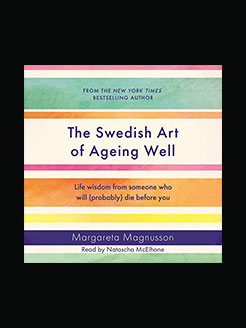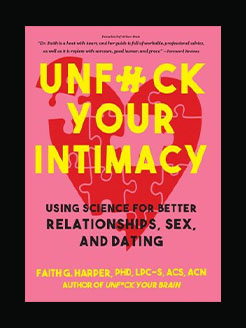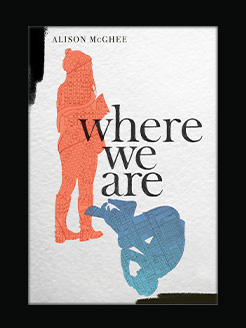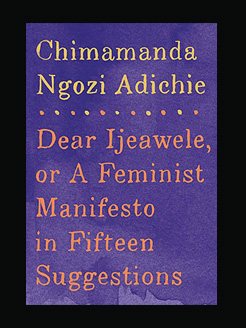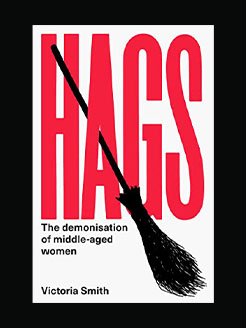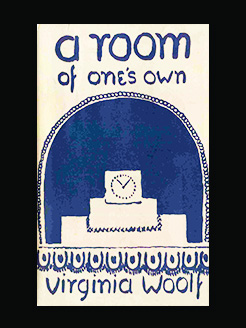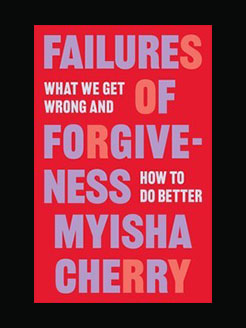Published in 2024
355 pages
12 hours and 22 minutes
Shefali Luthra has covered national health policy for the past decade, most recently at The 19th. Her coverage of abortion rights has been cited in Congressional testimony and Supreme Court briefings and in 2023 received an Online Journalism Award. Luthra’s writing has appeared in The New York Times, The Washington Post, NPR, and more. She lives in Washington, D.C.
What is this book about?
An urgent investigation into the experience of seeking an abortion after the fall of Roe v. Wade, and the life-threatening consequences of being denied reproductive freedom “Indispensable… An impeccably researched, clearheaded and frankly terrifying assessment of just how grave the situation in post-Roe America is… Whatever your gender, race, religious background or political preferences, Luthra’s Undue Burden should be on your required reading list.”—San Francisco Chronicle
On June 24, 2022, Roe v. Wade was overturned, and the impact was immediate: by 2024, abortion was virtually unavailable or significantly restricted in 21 states. In Undue Burden, reporter Shefali Luthra traces the unforgettable stories of patients faced with one of the most personal decisions of their lives.
Outside of Houston, there’s a 16-year-old girl who becomes pregnant well before she intends to. A 21-year-old mother barely making ends meet has to travel hundreds of miles in secret for medical treatment in another state. A 42-year-old woman with a life-threatening condition wants nothing more than to safely carry her pregnancy to term, but her home state’s abortion ban fails to provide her with the options she needs to make an informed decision. And a 19-year-old trans man struggles to access care in Florida as abortion bans radiate across the American South.
Before Dobbs, it was a common misconception that abortion restrictions affected only people in certain states but left one’s own life untouched. Since the fall of Roe, a domino effect has cascaded across the entire country. As the landscape of abortion rights continues to shift, the experiences of these patients—who crossed state lines to seek life-saving care, who risked everything in pursuit of their own bodily autonomy, and who were unable to plan their reproductive future in the way they deserved—illustrate how fragile the system is, and how devastating the consequences can be.
A revelatory portrait of inequality in America, Undue Burden examines abortion not as a footnote or a political pawn, but as a basic human right, something worthy of our collective attention and with immense power to transform our lives, families, and futures.
